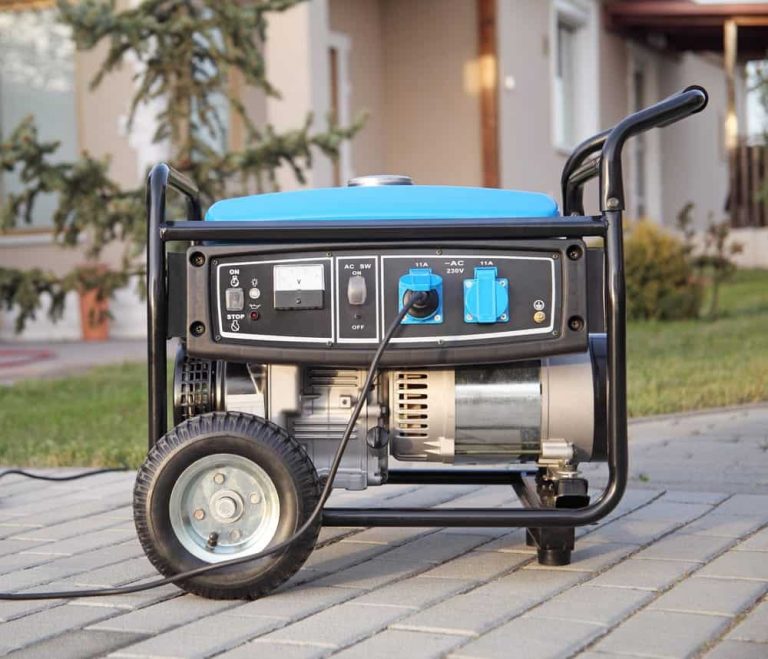Power outages and natural disasters are unfortunately inevitable to occur at some point during the year. The United States experiences over 3,000 power outages per year, affecting over 41 million people. Going long periods of time without power can have detrimental effects on you and the items within your home and appliances. Generators for your home can keep you plugged in and up and running when the power lines are down, offering a reliable back-up source of energy.
The average power outage lasts approximately 3 and a half hours, so having a generator in your home to power up, rather than having to worry about calling your electric company and trying to fight the masses to get their attention, can fix your outage much quicker. The generator has also made its space in one of the important apartments essential that one must have. has also become A common issue with generators, however, is the level of noise pollution they convey. Finding methods on how to quiet your generator can be tricky, but we have narrowed down a few ways that can make your home more peaceful during an outage.
A seemingly easy and standard method to reduce noise pollution of your generator is to place the generator on a soft surface to dampen the noise, rather than amplifying it on hard surface. Avoiding concrete, wood, or asphalt surfaces is key to accomplishing this. Some people choose to use anti-vibration mats that are made of rubber to help soften the vibrations or rattling noises they make. These are very easy to install—just simply place the mat underneath the generator in a location far enough away from foot traffic. Aside from this method, you can simply place the generator on dirt or grass for the same effect, depending on where you place your generator.
Moving your generator far enough away from where you and your family reside is also a solid option to quiet it down. This will depend on a few different factors, of course, like neighbors, length of extension cords, how far you are willing to walk, etc. If you do not have nearby neighbors and have plenty of length in extension cords, then you have more options in terms of placement of your generator. Many generator brands will show what the decibel rating of that particular model is. These decibel ratings are measured at about 7 meters out from the operating generator in many cases. A solid rule of thumb is to keep your generator approximately 20 feet away from your home and around your family if you want to operate in that decibel range. This is potentially one of the most important factors in making sure your home stays quiet enough to suit you and your family.
Working to adjust the exhaust pipes on your generator is essentially targeting the sound at its core. The first thing to consider when powering up your generator is the position of the exhaust end of the generator. You should always place the side of the generator facing away from your home, or upwards towards the sky, depending on the model. These will divert the noise away from where people will be frequenting.
Additionally, a popular strategy to reduce noise is to install a larger replacement muffler, to decrease the noise exiting the system itself. Inside the muffler are perforated tubes that are designed to deflect the sound waves from the engine in order to lower the noise that eventually exits the exhaust pipe. The exhaust pipes are the second loudest parts on the generator, behind the engine itself. By improving the quality of the muffler, you can expect to quiet down the generator by approximately 10-12 decibels.
By incorporating each of these 3 tips to decrease noise pollution from your generator, you will be able to tell a tremendous difference in the level of tranquility in your home during a power outage. Disasters happen, and being sure that you are prepared ahead of time with the proper equipment and set up can help with the level of stress in the moment when it is actually needed. If you live in an area prone to electrical outings due to inclement weather, you should consider purchasing a generator so that your led lights don’t go off when you are working, cooking, or simply studying.
Be sure to call the best generator contractor that can handle these harsh conditions. There are a portable and permanently installed generators, so it is important that you choose the one best suitable for you and your family. These generators will keep your freezer and refrigerator running, keep lighting on, hot water running, and landlines operating during a power outage, allowing you to live a normal life during outages. Using these aforementioned tips to reduce noise pollution will make this time much more peaceful.

